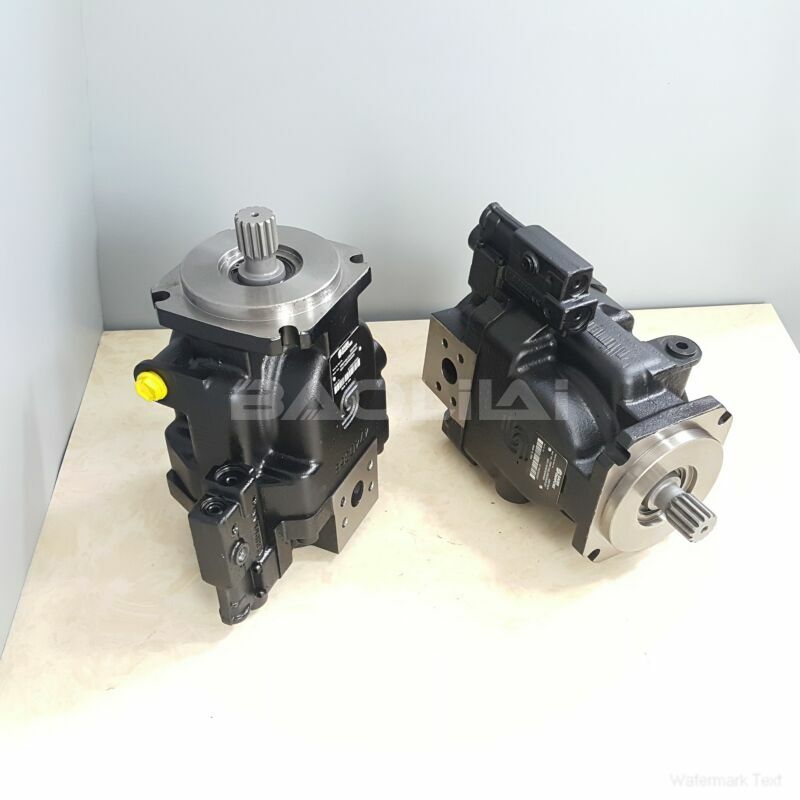FRR090CLS1820NNN3S1N2A1NNNNNNNNNN piston pump
FRR090CLS1820NNN3S1N2A1NNNNNNNNNN piston pump

- Product Details
- Applicable Scene
In the pharmaceutical industry, precise and reliable fluid handling is crucial for ensuring product quality and safety. Piston pumps play a significant role in this area, offering numerous advantages that make them well-suited for various applications in pharmaceutical manufacturing. This article will explore the features, benefits, and applications of piston pumps in this critical sector.
FR-R-090C-LS-18-20-NN-N-3-S1N2-A1N-NNN-NNN-NNN
FRR090CLS1820NNN3S1N2A1NNNNNNNNNN
Piston pumps operate based on the reciprocating motion of a piston within a cylinder. This mechanism generates a consistent flow rate and pressure, making piston pumps highly effective for transferring various fluids, including viscous formulations, suspensions, and emulsions. Their ability to handle a wide range of viscosities and pump different types of fluids positions them as a versatile solution in pharmaceutical fluid handling.

83032967
One of the primary benefits of piston pumps is their precision. In pharmaceutical manufacturing, accurate dosage is essential. Piston pumps can provide highly accurate and repeatable flow rates, ensuring that the precise amount of product is delivered every time. This level of accuracy is crucial when dealing with potent active ingredients or controlled substances, where even minor variations can lead to significant deviations from intended formulations or regulatory compliance.
Moreover, piston pumps are designed to handle a variety of fluids without significant risk of contamination, which is paramount in the pharmaceutical industry. The materials used in piston pump manufacturing, such as stainless steel and certain polymers, are typically resistant to chemical reactions and can withstand rigorous cleaning processes. This characteristic ensures that the pumps maintain the integrity of the fluids being handled, preventing cross-contamination and preserving product purity.
Maintenance and reliability are also critical factors in pharmaceutical manufacturing. Piston pumps require relatively low maintenance when designed for pharmaceutical applications, as they tend to have fewer moving parts compared to other types of pumps. This reliability is vital for maintaining continuous operation in manufacturing processes, where downtime can lead to production delays and increased costs. Additionally, advancements in pump technology and automation have made it easier to monitor pump performance and detect potential issues before they escalate.





